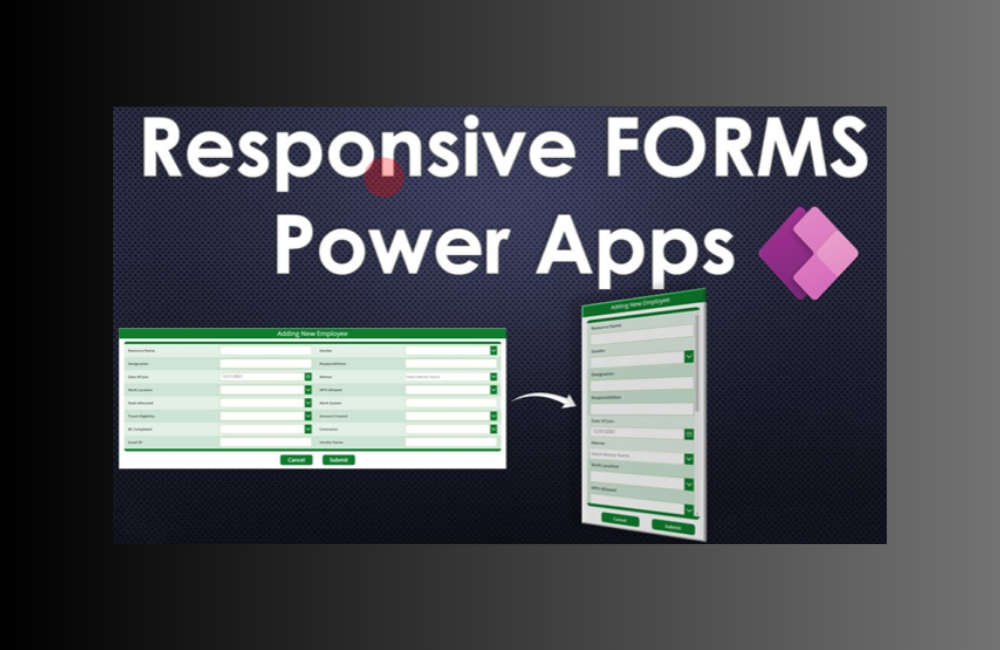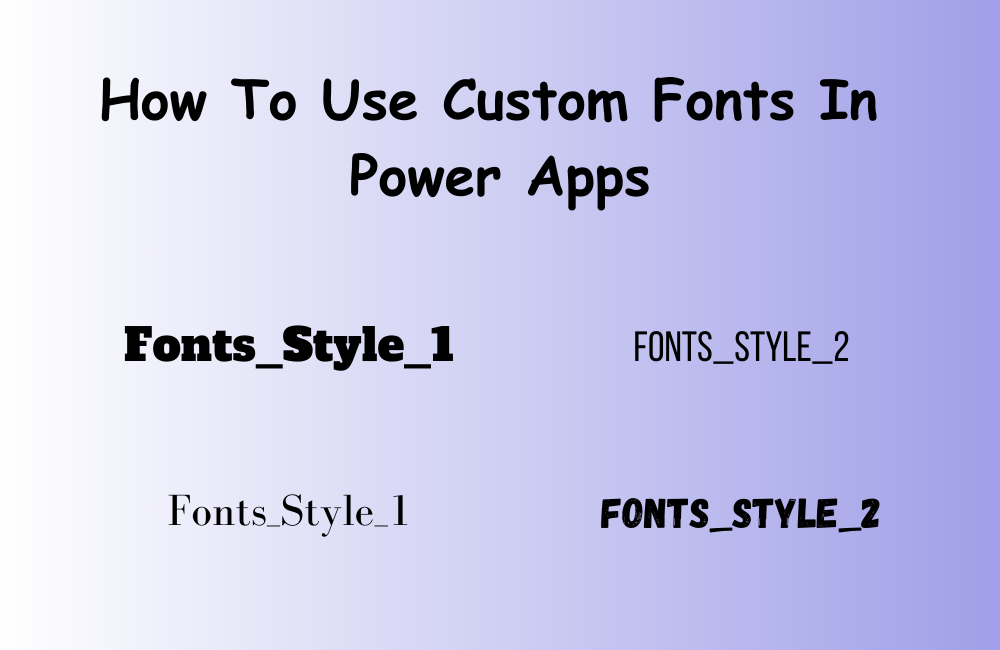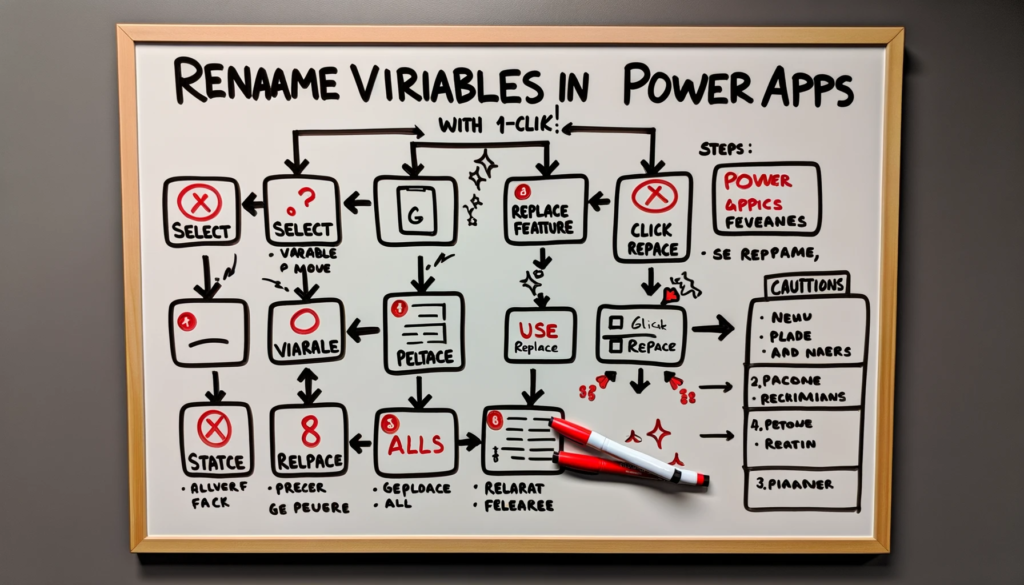Restoring Accidentally Deleted Canvas Apps in PowerApps: A Step-by-Step Guide
Accidental deletions happen, but with PowerApps, recovery is closer than you think. Whether you or a team member mistakenly removed a canvas app, our guide on leveraging PowerShell will have you on track in no time. Grasp the intricacies of the powerapps version history and restoration process as we delve into the steps to salvage your app.
Understanding the Restoration Potential
If you hold administrative permissions in an environment, the pathway to recovering a deleted app is clear. With the prowess of PowerShell and specific cmdlets, restoration is a breeze.
Setting the Stage: Prerequisites
- It’s imperative to have the PowerShell Cmdlets for PowerApps installed.
- The essential documentation pertaining to Cmdlets installation is available at Microsoft’s official site.
- Upon successful installation, launch PowerShell and establish a connection to your PowerApps environment.
Commanding Power: Essential PowerShell Commands
Authenticate your environment with the following:
Add-PowerAppsAccountFor comprehensive guidance on a cmdlet, resort to the Get-Help command. It reveals examples or detailed explanations based on your requirements:
Get-Help Get-AdminDeletedPowerAppsHistory -ExamplesGet-Help Get-AdminDeletedPowerAppsHistory -Detailed
Discovering Deleted Apps: The Retrieval Process
To pinpoint and list the apps available for recovery, use:
Get-AdminDeletedPowerAppsHistory -EnvironmentID Default-df7b308b-854f-4f83-bb6b-bcee961c8b22The environment ID is crucial for this command, discernible from the Maker Portal’s address. Observe how the GUID in our default environment starts with “Default-“.
Reviving Your App: The Restoration Protocol
Identified the app awaiting recovery? Command PowerShell with:
Get-AdminRestoreDeletedPowerApp -EnvironmentID Default-df7b308b-854f-4f83-bb6b-bcee961c8b22 -AppID 35afae3e-8507-47e7-9b52-288269f0720bA successful operation will greet you with a 200 success message. With that, revisit the Maker Portal, and the rejuvenated app, stamped with its restoration date, should be in your apps list.
Conclusion
In the digital realm, accidents are inevitable, but they don’t have to be disastrous. With PowerApps and PowerShell combined, retrieving a deleted app becomes a structured procedure. Remember, every setback is a setup for a comeback. If this guide seems overwhelming or if you need more insights into the powerapps version history and other technical nuances, our expert team at SoftwareZone365 is always here to assist and guide you.






